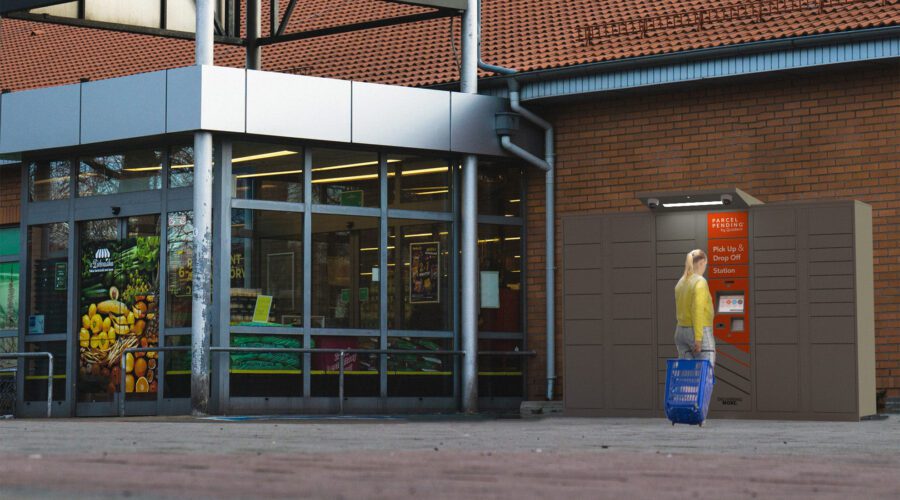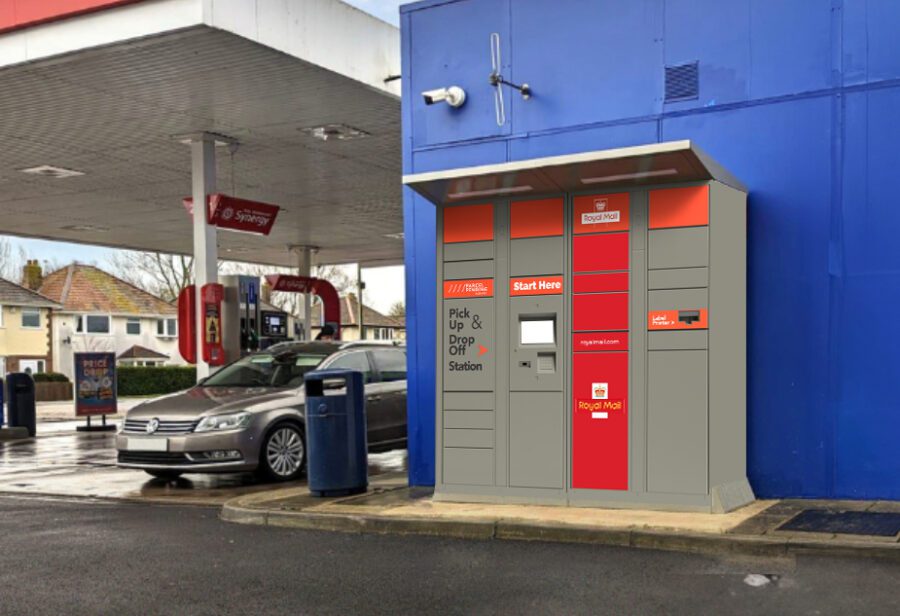
Courier
3 Key Takeaways on Best Practices for Omnichannel Tactics in Retail
Written by: Diana Gruhn
3 Min Read
Published: October 4, 2022
Updated: March 28, 2023
Featuring Forrester’s eCommerce and Omnichannel Expert, Sucharita Kodali
Digital business is here to stay. The proliferation of eCommerce through web, social media, text, and email have accelerated customer expectations for seamless fulfillment strategies that bridge brick-and-mortar stores with digital touchpoints.
There is no doubt that you are looking for ways to alleviate the mounting pressure to scale to the increasing consumer demand for seamless omnichannel fulfillment. That’s why Parcel Pending by Quadient is expanding our Open Locker Network, an automated fulfillment solution operated through centralized locker locations. Our Open Locker Network consolidates package pickup, deliveries, and returns to alleviate the rising costs associated with package fulfillment and create a convenient way for shoppers to interact across digital touchpoints.
We invited Forrester’s eCommerce and omnichannel commerce expert, Sucharita Kodali, Vice President and Principal Analyst, and parcels industry veteran, Gary Winter, Vice President of Strategic Initiatives at Quadient, to discuss best practices for optimizing business operations and consolidating first and last mile deliveries.
Here are some key takeaways from the webinar:
- Options are necessary to contend with the high cost of home deliveries. “Free ship to home offerings holdback a more lucrative omnichannel transaction,” according to Kodali. “Alternatives that drive additional footfall to the store such as BOPIS/C&C or clustered pickup and deliveries into lockers are ideal for creating cross-sell or upsell opportunities that increase attach rate.”
- Returns are a point of competitive differentiation and can drive conversions for retailers. “Making returns convenient for consumers through a network of physical stores that have agreed to handle returns is one way to score points with shoppers,” offered Winter. “Another way is to centralize returns for multiple brands right into a locker where carriers can pick them up at the same time they’re delivering packages into lockers. This method centralizes first and last mile deliveries for convenient customer returns while driving down shipping costs and greenhouse gas emissions.”
- When looking at what has the biggest impact on profitability, poll results showed that webinar respondents felt they needed to automate the fulfillment of workflow processes to drive down costs. A close second was reducing last-mile deliveries.
It’s clear that in order to have an effective omnichannel strategy, retailers and carriers need a strong fulfillment strategy.
When retailers, carriers, and an agnostic solution provider like Parcel Pending by Quadient come together, it’s possible to streamline business operations by facilitating a cost-effective and convenient method to automate package fulfillment with our secure, smart locker solution. This brings added footfall to the retailer and gives carriers the advantages of significantly reducing stops, achieving cost savings, lowering environmental impact, and centralizing drop-offs, returns, and pickups to convenient, secure, accessible locker locations.
Parcel Pending by Quadient’s expanding global Open Locker Network creates a better customer experience for consumers, promoting a more streamlined way to access out-of-home deliveries eliminating the extra pickup points that add to greenhouse gas emissions and higher fuel costs that come with home deliveries.
Learn more about Parcel Pending by Quadient’s secure, open locker network, here.



